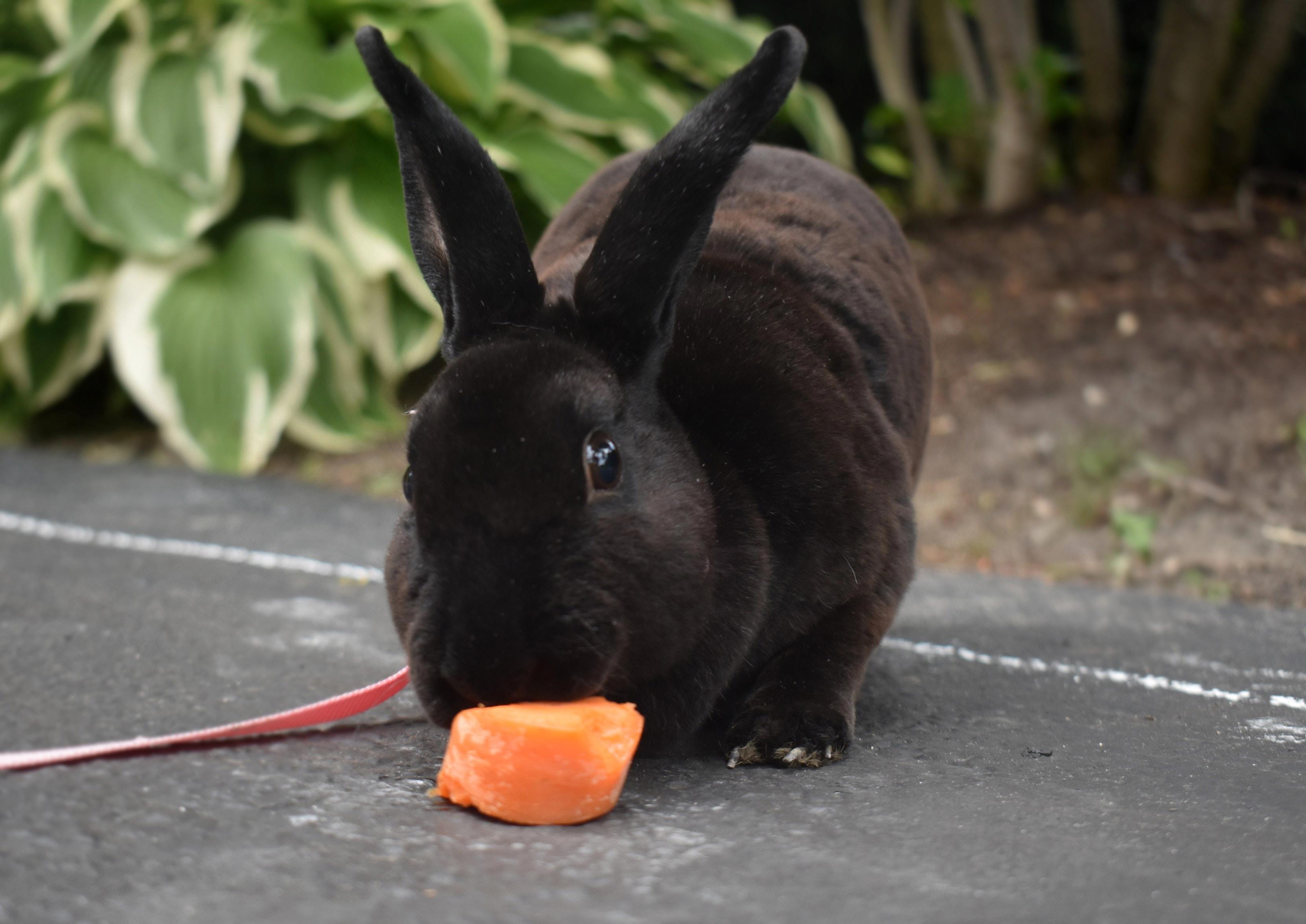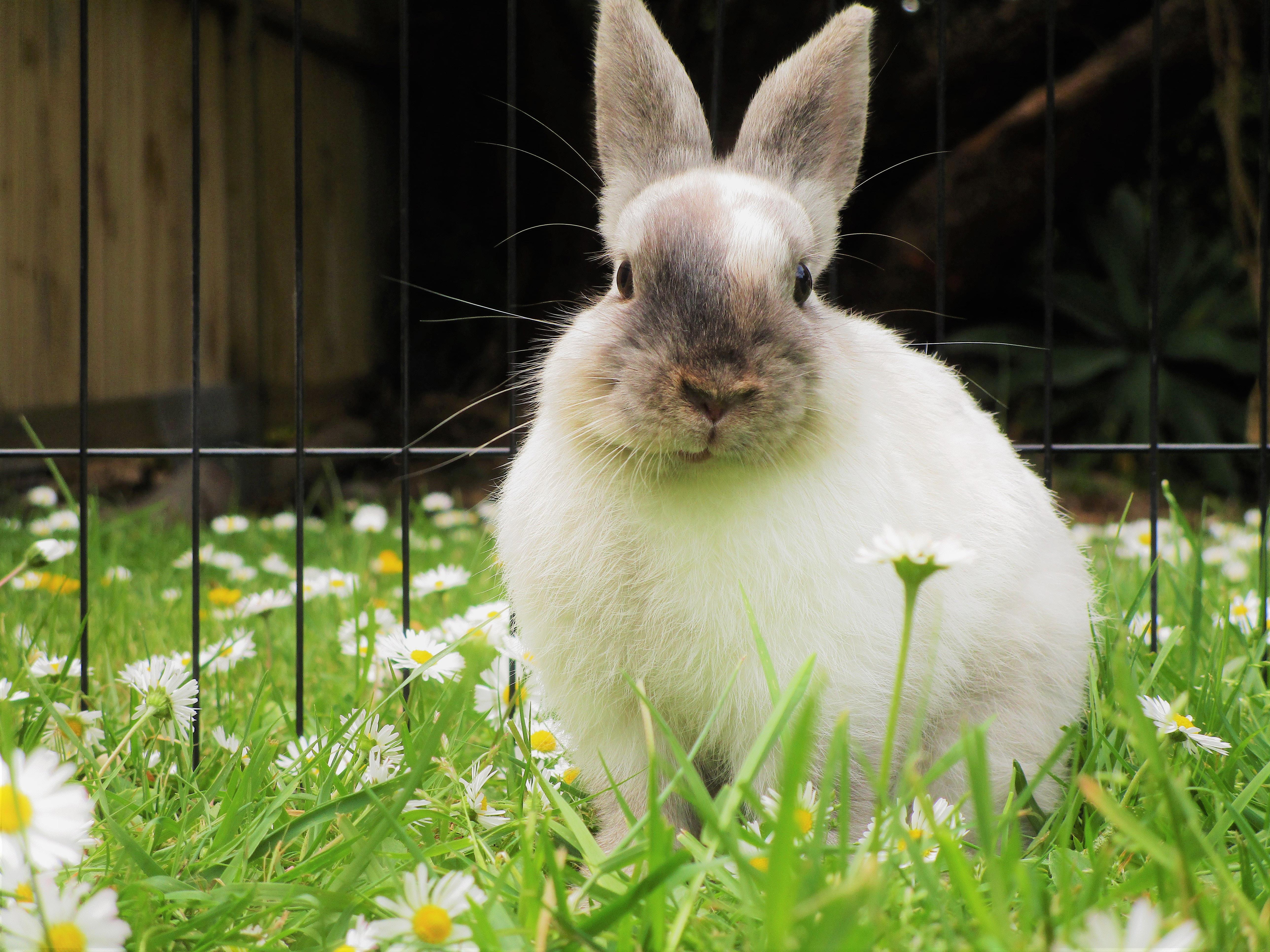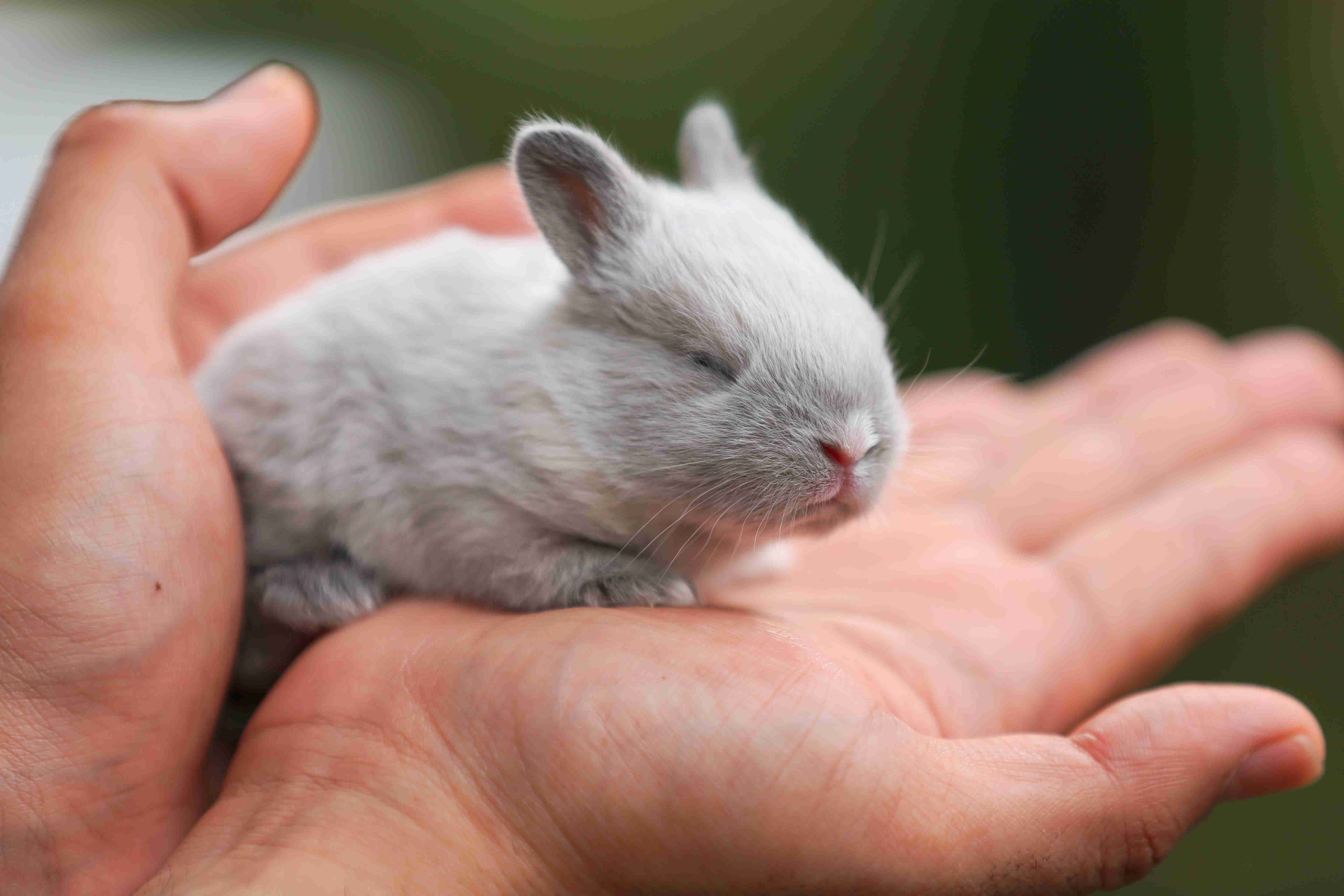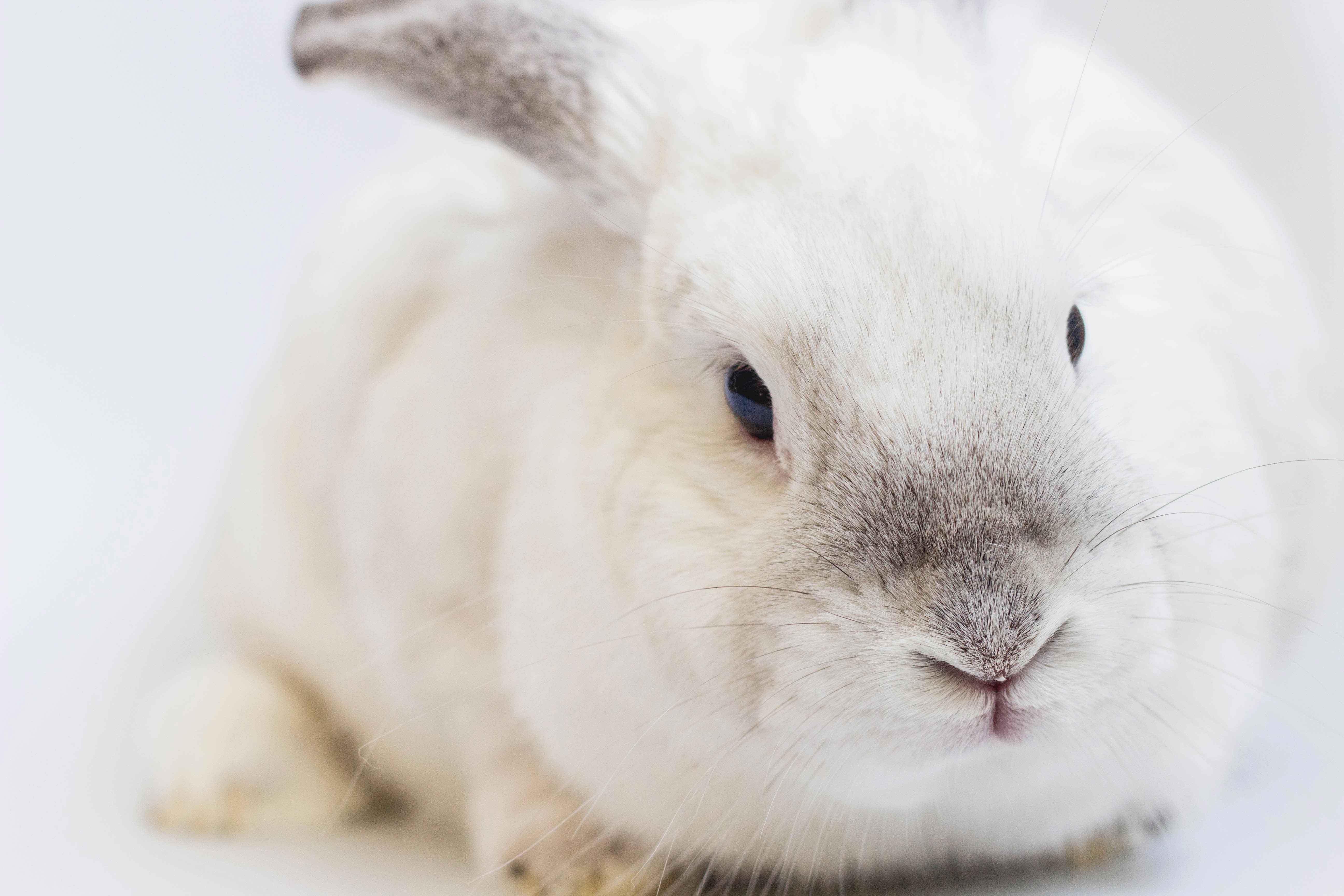When it comes to our pets, we want to do everything possible to keep them healthy and happy. With pet rabbits, it can be difficult to spot signs of illness because they cannot verbally communicate with us. That’s why it’s important to be aware of the subtle signs that your pet rabbit is not feeling well. In this blog post, we’ll cover some of the most common signs of illness in pet rabbits and how you can take action to help your furry friend get back to health.
<a href=”https://www.petwah.com/dogbehavior/10-dog-walking-tips-everyone-should-know/”>If you’re a pet owner, one of your primary responsibilities is to ensure your pet is healthy and happy. This is especially true for pet rabbits, as they are particularly sensitive to changes in their environment and are prone to certain illnesses. As a rabbit owner, it’s important to be aware of the signs and symptoms of illness in your pet. This way, you can take the necessary steps to help your rabbit feel better and, if necessary, get the medical attention they need.
In this blog post, we’ll discuss the common signs of illness in pet rabbits, as well as the symptoms to look for and how to get help for your pet.
Common Signs of Illness in Pet Rabbits
There are many signs of illness in pet rabbits, but some are more common than others. Some of the most common signs of illness in pet rabbits include:
• Change in appetite: A decrease in appetite or a complete loss of appetite can be a sign of illness in pet rabbits. If your rabbit normally loves their food but suddenly shows no interest in eating, it’s important to take notice and investigate further.
• Change in behavior: If your rabbit suddenly becomes lethargic, lazy, or uninterested in playing, this could be a sign that something is wrong. It’s also important to pay attention to any changes in behavior, as this can indicate that your rabbit is in pain or discomfort.
• Change in appearance: If your rabbit’s fur looks dull or matted, this could be a sign of illness. In addition, any changes in the appearance of your rabbit’s eyes, ears, or nose should be monitored closely.
• Discharge from the eyes or nose: If your rabbit is exhibiting any kind of discharge from their eyes or nose, this could be a sign of infection or illness. This is especially concerning if the discharge is greenish or yellowish in color.
• Difficulty breathing: If your rabbit appears to be having difficulty breathing, this is a sign that they may be ill and should be seen by a veterinarian as soon as possible.
• Change in stool: If your rabbit’s stool is watery or contains blood, this could indicate a serious illness.

• Lack of energy: If your rabbit appears to lack energy or is sleeping more than usual, this could be a sign that they are ill.
• Weight loss: If your rabbit has suddenly lost a significant amount of weight, this could be a sign of illness.
If you notice any of these signs in your pet rabbit, it’s important to take them to the vet as soon as possible. Early diagnosis and treatment can make all the difference in helping your pet feel better quickly.
Diagnosing Illness in Pet Rabbits
Once you’ve taken your pet rabbit to the vet, they will likely perform a thorough physical examination to assess the health of your pet. This may include checking the eyes, ears, nose, and mouth for any abnormalities, as well as feeling the abdomen to check for any lumps or masses.
In addition, the vet may take a sample of your pet’s stool to check for any parasites or other infections. They may also take a blood sample to check for any signs of infection or underlying diseases. X-rays may also be taken to check for any bone or joint problems.
Treating Illness in Pet Rabbits
Once the vet has identified the cause of your pet’s illness, they will be able to recommend the best course of treatment. Treatment will depend on the specific illness, but may include medications, diet changes, or even surgery.
It’s important to follow your vet’s instructions carefully and to make sure you give your pet rabbit any prescribed medications on time. In addition, it’s important to monitor your pet’s health closely to make sure they’re responding to treatment and to check for any signs of relapse.
Conclusion
As a pet rabbit owner, it’s important to be aware of the signs and symptoms of illness in your pet. By paying close attention to your rabbit’s behavior, appetite, and appearance, you can quickly identify any changes that could indicate an illness. If you notice any of these signs, it’s important to take your pet to the vet as soon as possible. Early diagnosis and treatment can help your pet feel better quickly, and can even save their life in some cases.
Rabbits are social creatures, so it is important that you pay attention to their physical and mental health. Spotting signs of illness in your pet rabbit can be difficult, but with a few simple tips and a watchful eye, you can quickly identify any problems and get your rabbit the help they need. Remember, if you are ever unsure of your rabbit’s health, it is best to consult your veterinarian to ensure the best possible care for your pet. Taking the time to monitor your rabbit’s health is a small but important step in keeping your pet happy and healthy for years to come.
Please follow us on Social Media





.jpg)
.jpg)
